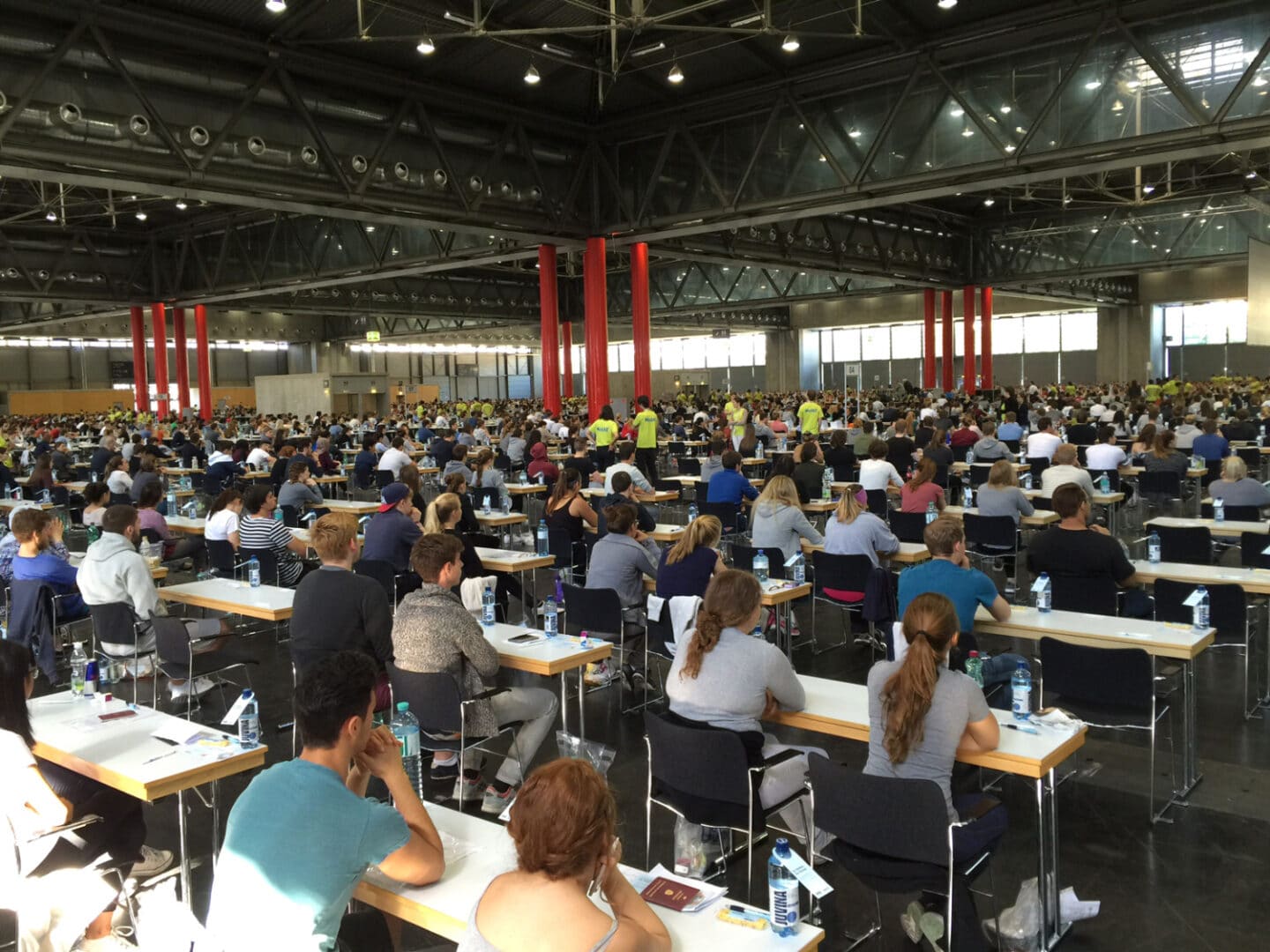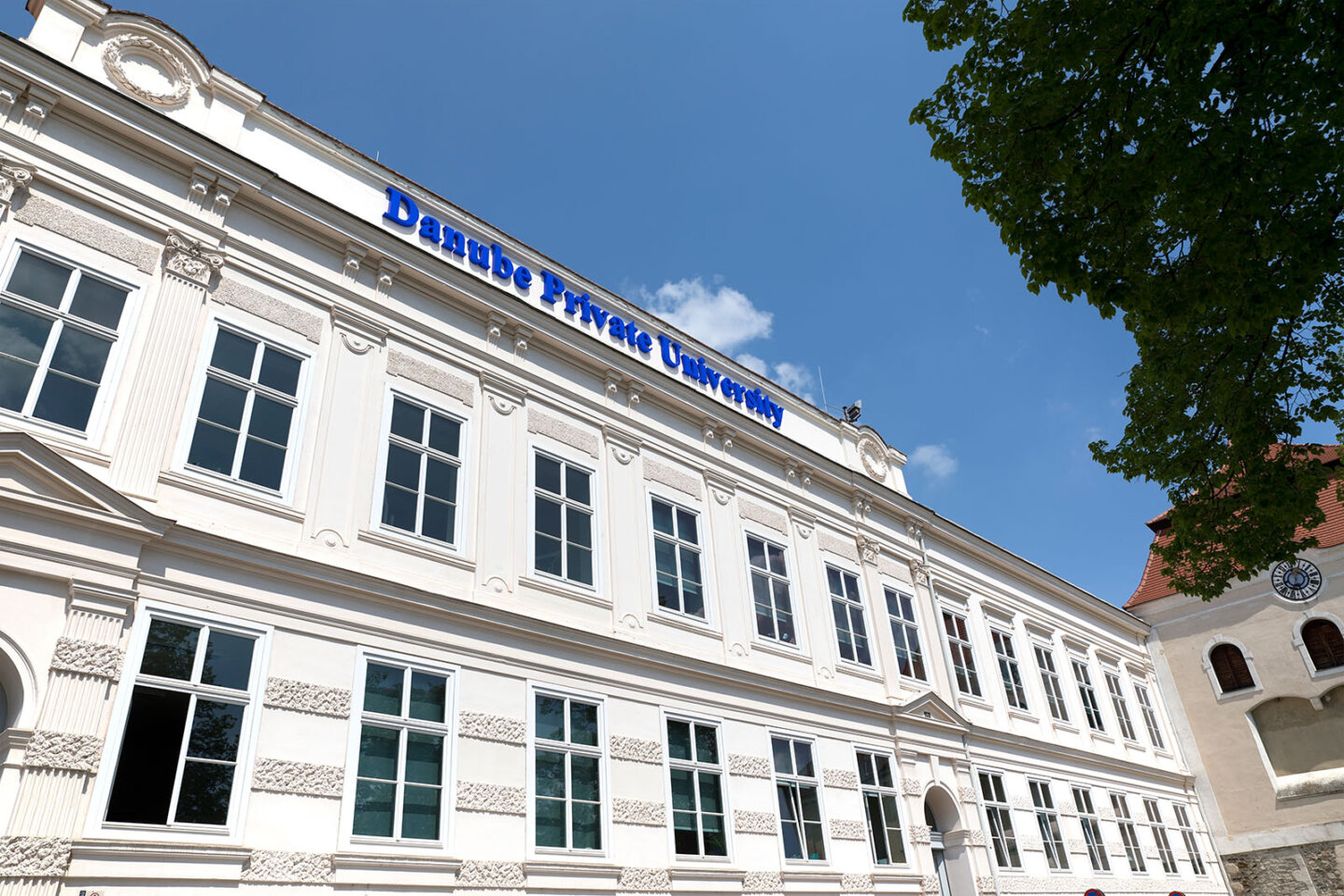
📖 Table of contents
Studying medicine abroad: a few years ago still a long way off but now very popular with students from Germany and Austria. The world is interconnected, and so is medicine, so why not take the opportunity to start your medical career internationally? Places to study medicine in particular are in high demand and highly competitive, which is why more and more committed young people are deciding to consider studying medicine abroad. What needs to be considered when making such a decision, what advantages it offers and what kind of process you need to go through is explained below.
Application to study medicine abroad
Applying for a place to study abroad requires organisational skills and thoughtful preparation. Before you decide on a place to study medicine, you should think carefully about where you would like to work later. The European Union and the European Economic Area make it possible for a diploma from various European countries to be recognised throughout the EU. Thus, with a European degree you have the unique opportunity to return home with many valuable memories after your medical degree abroad.
Given the demanding nature of most medical degree programmes, it is not surprising that admission procedures for medical studies are also highly competitive. The agency "futuredoctor" accompanies you from day one and supports you with the acceptance of organisational matters, prepares you for your medical studies with sophisticated learning materials and its own e-learning platforms, which facilitate the passing of entrance exams, and continues to be a constant partner and always there for you during your future medical career.
Structure of the medical studies
As a rule, medical studies last 12 semesters and comprise a total of 241 semester hours. It is divided into a pre-clinical part, which deals with scientific subjects during the first two years, and a clinical part, which is practice-related. In Germany, these are separated by a major intermediate examination, the so-called "Physikum".
Studying abroad initially involves organisational and perhaps also personal hurdles, which can be overcome with curiosity, courage and the support of futuredoctor. Not only the career opportunities, but also personal development, building an international network and responsible planning for the future are made possible by studying medicine abroad - your CV will also be pleased.
Which university suits you best?
Click through our university guide to find the right university for you.





